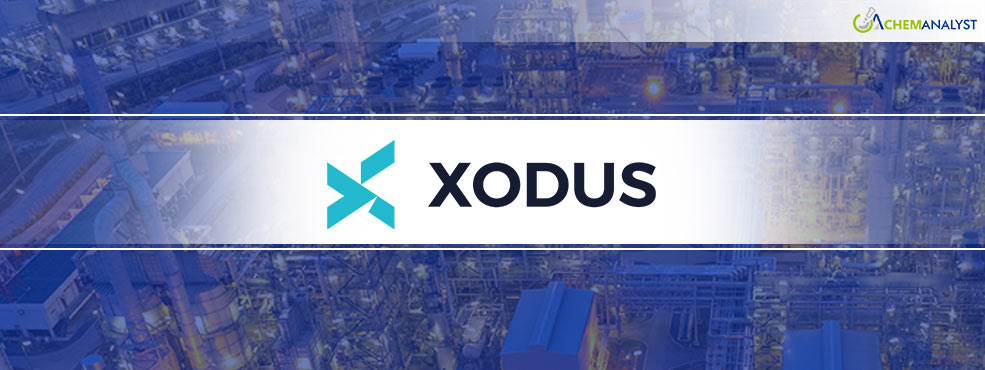Welcome To ChemAnalyst

In a pivotal move for emissions reduction in the chemical sector, global energy consultancy Xodus has secured a key role in Japan’s groundbreaking carbon capture and storage (CCS) project, Offshore Western Kyushu. The project, which is central to Japan's ambitious goal of carbon neutrality by 2050, could serve as a blueprint for chemical manufacturers striving to decarbonize their operations and manage CO2 emissions more effectively.
The Offshore Western Kyushu CCS initiative is led by a consortium that includes West Japan Carbon Dioxide Storage Survey Co. Ltd. (WEST), ENEOS Corporation, Electric Power Development Co. Ltd. (J-Power), and ENEOS Xplora Inc. As part of the consortium, Xodus will focus on geotechnical surveys essential for the design of the pipeline and cable infrastructure that will transport CO2 from capture sites to storage locations. This work is critical to ensuring the efficiency and safety of CO2 transportation, making it a cornerstone of the project’s success.
The Offshore Western Kyushu project has important implications for the chemical industry, which is one of the largest industrial sources of CO2 emissions. While the project's initial focus is on emissions from oil refineries and thermal power plants, the technology and infrastructure being developed could also be leveraged by chemical manufacturers. The ability to capture and permanently store CO2 from chemical production processes offers a promising solution for the sector, which faces growing pressure to meet stricter emissions targets.
Xodus brings extensive experience in both geotechnical surveying and CCS technology, drawing on expertise from its global operations, including its established presence in Australia and Japan. This combination of engineering proficiency and CCS knowledge positions Xodus as a key player in developing scalable infrastructure that could revolutionize emissions management not just for power generation, but across high-emission industries like chemicals.
The project aims to capture and store 1.7 million tons of CO2 annually, contributing significantly to Japan’s climate goals. CO2 captured from ENEOS’s refineries and J-POWER’s thermal power plants will be transported via pipelines and ships to saline aquifers off Japan’s southwestern Kyushu Island for permanent storage—a method that is also highly applicable to chemical plants located near suitable geological formations.
Currently in its feasibility study phase, the project is set to move into the next stages, which include engineering design, exploratory drilling, and procurement of long-lead items. The passage of Japan’s Act on Carbon Dioxide Storage Business earlier this year provides a favourable regulatory framework for CCS projects, offering a clearer path for commercial development.
The Offshore Western Kyushu CCS initiative is part of Japan’s broader strategy to establish a comprehensive CCS value chain by 2030. The lessons learned from this project could lay the groundwork for the chemical industry to adopt CCS on a larger scale, helping manufacturers meet emission reduction goals and transition to more sustainable practices in response to increasing environmental regulations. This CCS project signals a turning point, where emissions management technology could become integral to chemical production processes in Japan and beyond.
We use cookies to deliver the best possible experience on our website. To learn more, visit our Privacy Policy. By continuing to use this site or by closing this box, you consent to our use of cookies. More info.
